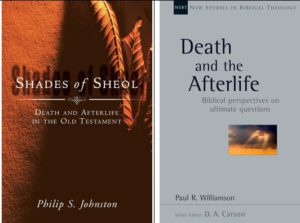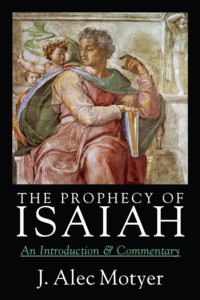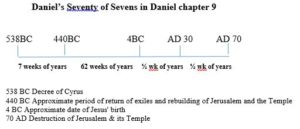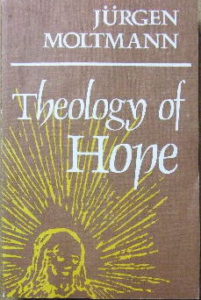New video from N.T. Wright
What if the Reformers had Emphasized Ephesians Instead? What the Reformers Missed about Justification: –
Will NT Wright go to heaven? Given all his polemics against the idea of saved souls going to heaven, I will certainly rejoice with the angels in heaven upon hearing an affirmative answer from NTW. Furthermore, given NTW’s rejection of soul-body dualism (of which there are various forms), it would be most enlightening to know how NTW would describe the nature of his existence in heaven (however defined by NTW).
The title of the video should have been – “What NT Wright missed about justification, the soul being forgiven and received into presence of God.” Continue reading “Will N.T. Wright Go to Heaven?”





